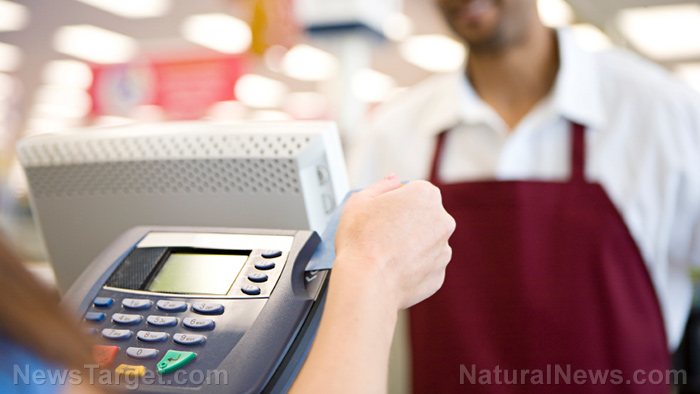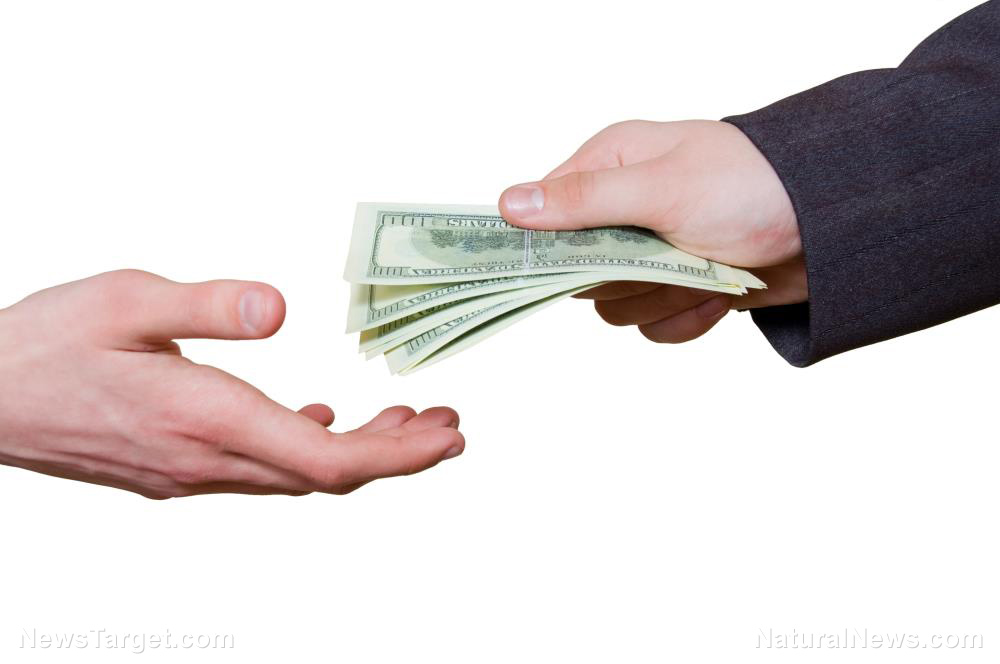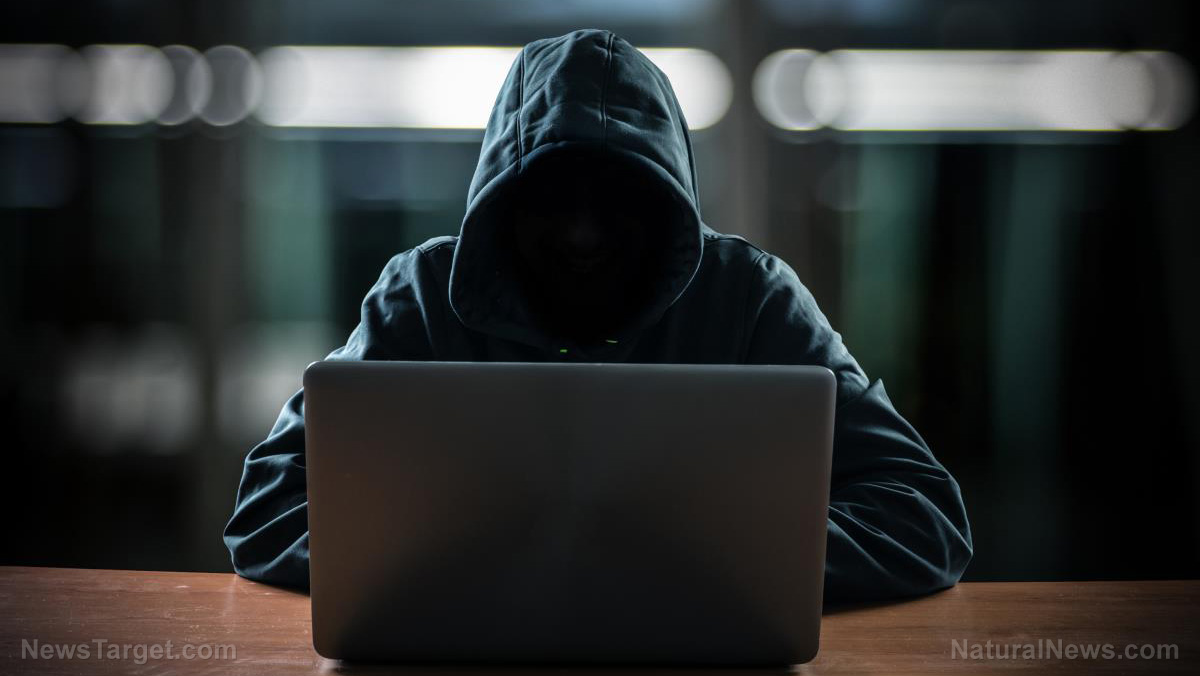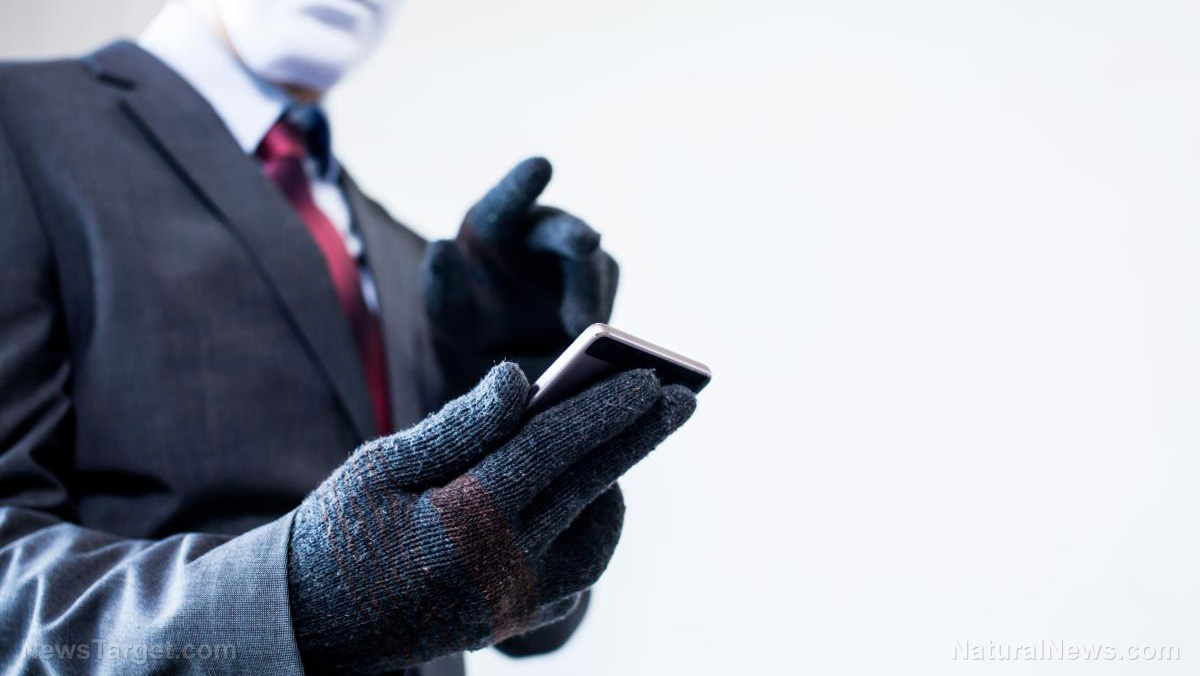
As a result, the "unbanked" – people who do not have accounts in financial institutions – are having a hard time processing electronic transactions and, to date, there are roughly six million of them in the U.S., which is about the population of Wisconsin. Outside of America, more than a billion people do not have a bank account.
There are several reasons why people opt out of banking. Back in 2021, the Federal Deposit Insurance Corporation (FDIC) held a survey of households about their connections to the banking system and asked why they didn’t have a bank account. The top reason, with over 40 percent of respondents, was that they didn’t have enough money to meet the minimum balance set by the banks. According to recent FDIC data, about 25 percent of people earning less than $15,000 a year are unbanked. Among those earning more than $75,000 a year, almost every person surveyed had some type of bank account. Another reason why customers do not choose to have accounts in financial establishments is that they have become skeptical of banks. Roughly one-third of survey respondents agreed that "Avoiding a bank gives more privacy," while another one-third said they simply "do not trust banks." Moreover, another one-quarter of respondents felt bank account fees were too high and about the same proportion felt fees were too unpredictable.
A recent Bankrate survey also showed that basic monthly service fees range between $5 and $15. Beyond these steady fees, banks earn $4 to $5 each time people withdraw cash from an ATM or need services like getting cashier’s checks. Unexpected bills can result in overdraft fees of about $25 each time an account is overdrawn.
Another set of data showed that there are almost six million "unbanked" and 19 million "underbanked" U.S. households. People with a bank account but who primarily rely on alternative services such as check cashing outlets are called "the underbanked." As 2.5 people live in the average household, more than 15 million people are living in a home with no connection to banks and 48 million more are in homes with only a tenuous connection to banks – meaning, one out of every five people in the U.S. has little or no connection to banks or other financial institutions. That can leave them shut out from stores, restaurants, transportation and medical providers that don’t take cash.
The pandemic accelerated the shift to digital payments
A lot of business owners across America and even worldwide, blame it on the Wuhan coronavirus (COVID-19) pandemic as to why the shift to cashless transactions was catalyzed.
Forty-one percent of Americans said they did not use cash for their purchases in a typical week in 2022, up from 29 percent in 2018, according to a Pew Research Center survey released last October and business owners found it favorable for their enterprises. According to "experts," the shift paved the way to "rising consumer demand, faster checkout, lower labor costs and increased security." Those who wait risk losing revenue, they said.
However, there are drawbacks to going cash-free. These include the learning curve for entrepreneurs who may not understand how to set up digital payments; a lack of accessibility to credit cards for low-income consumers; and the most risky – privacy and surveillance. The threat that a digital financial system can be in the hands of one controlling body spells tyranny and totalitarianism. The stakes are too high. (Related: BIG BROTHER ALERT: CBDC projects around the world not installing privacy safeguards, British privacy organization finds.)
Meanwhile, a lot of people still prefer the anonymity that cash transactions provide. Cash is also seen as a way for spenders to remain aware of their expenditures. To top it all, the recent bank turmoil has made many depositors question the stability of the banking system. Also, a lot of business owners are still hesitant about moving too quickly with a technology that could go obsolete at any time.
Head over to DollarDemise.com to read more about the death of the United States dollar as a currency.
Sources for this article include:
Please contact us for more information.





















